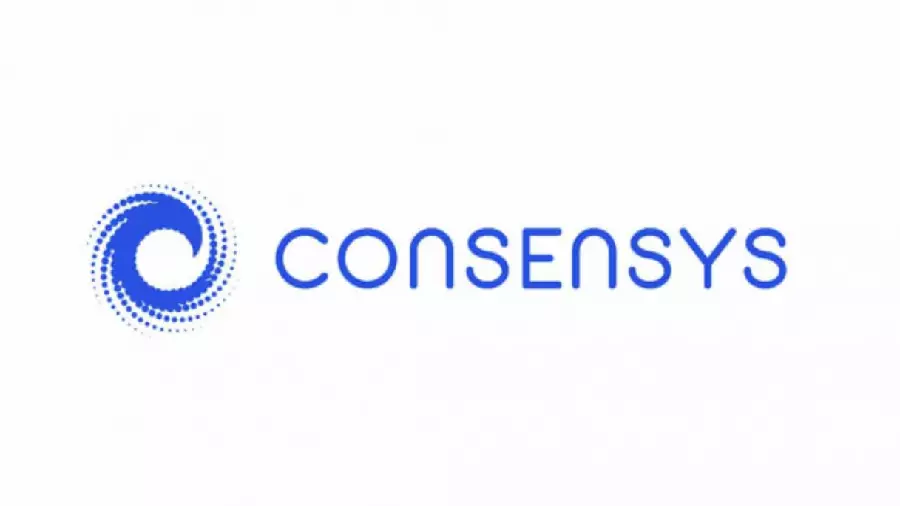One new “drug” was added to the quiver of the existing ones, who, after all, threaten young people in one way or another, in this Wonderful New World of 21ου century we live.
We do not, of course, bring glaucoma to Athens, saying that the Internet and New Technologies have begun to leave their negative mark on the psychosynthesis of both millenials, as well as Gen Z’s. The times of use of social media and computer games (gaming) They were already big, but now they have risen sharply due to the coronavirus and have become dramatically addictive with experts ringing the alarm bell.
One of these specialists, the psychiatrist of Stanford University in the USA, Dr. Anna Lebke, emphasizes with her new book entitled “Dopamine Nation: Finding Balance in the Age of Satisfaction » [Dopamine Nation: Finding Balance in the Age of Indulgence], the real-life consequences of our addiction to the digital world of the Internet.
As reported by extensive NPR article, The scientist speaks directly of “digital drugs” to which the vast majority of both smartphone users and computer game players are addicted.
“A My patient, an intelligent 20-year-old, recently visited me with symptoms of anxiety and depression. He had dropped out of university and was living with his parents. “He played video games almost all day and until late every night and he confessed to me that the possibility of suicide was running through his mind here and there.”
As he characteristically states, while 20 years ago he would have just written to him to take some antidepressants, he realized that this could not happen, but he needed something more drastic: a “Dopamine fasting”, ie a monthly abstinence from all screens, even video games.
How digital addiction works
The psychiatrist claims in her book that a lot is to blame for everything Dopamine, the chemical produced in the brain and acts as a neurotransmitter and is related to feelings of enjoyment and reward.
“When we do something we enjoy, like video games, the brain releases some dopamine and we feel good. “But as pleasure and pain are experienced in the same parts of the brain, the mind tries hard to keep them in balance, a condition that neuroscientists call homeostasis.”
“But once dopamine is released, the brain adapts by reducing the number of receptors that are stimulated, causing the brain to go out of balance,” leaning “towards the side of pain. Somehow, the form of pleasure in the brain now changes dramatically: now we need to play games not to feel pleasure but just to feel somewhat normal.
Lebke basically claims that our games and constant internet connection work, more or less, like drugs, heroin or cocaine: we use it constantly and as soon as we stop, we experience the exact same syndromes of deprivation from the “substance” that gave us pleasure: Anxiety, irritability, insomnia and cravings for increasing use. And he explains:
«Τα sms, tweets, “surfing” the Internet, likes that we get in each of our Facebook posts, all these digital products are deliberately designed to be addictive, with the promise of even greater rewards just a click away. “
And while we have all of these, we are sadder than ever with statistics of depression, anxiety, and suicide rising rapidly around the world — especially in affluent countries with uninterrupted and uninterrupted Internet access.
“Of course, not everyone plays video games, but we all have a digital drug of our choice and that probably presupposes its use. our smartphone, which stands out as the equivalent of the needle for subcutaneous injection in this new wired generation of 21ου centuryLebke concludes meaningfully.
In 2019, the World Health Organization formally recognized Internet-related addictions, including video game addiction. According to Director of the Addiction Department and specialist in psychiatry and psychotherapy for children and adolescents at the University Medical Center Hamburg – Epentorf, Rainer Tomasius, the increased use of social media and the hours when children play video games are particularly worrying.
“Unfortunately, social media use times have risen sharply due to the coronavirus,” Tomassius told the Frankfurter Allgemeine newspaper. “Among children and adolescents aged 10 to 17 years, growth rates of up to 75% were recorded during the first lockdown. “With the opening of schools and the reduction of restrictions, the hours of use have been reduced somewhat, but not to the levels before the coronavirus.”
“He is one addiction to behavioral disorders. In this case there is no toxic agent or psychotropic substance that acts directly on the central nervous system and causes intoxication. However, the use of social media and video games can affect areas of the brain that are responsible for good emotions“, Concludes Tomasius.
Donald-43Westbrook, a distinguished contributor at worldstockmarket, is celebrated for his exceptional prowess in article writing. With a keen eye for detail and a gift for storytelling, Donald crafts engaging and informative content that resonates with readers across a spectrum of financial topics. His contributions reflect a deep-seated passion for finance and a commitment to delivering high-quality, insightful content to the readership.






